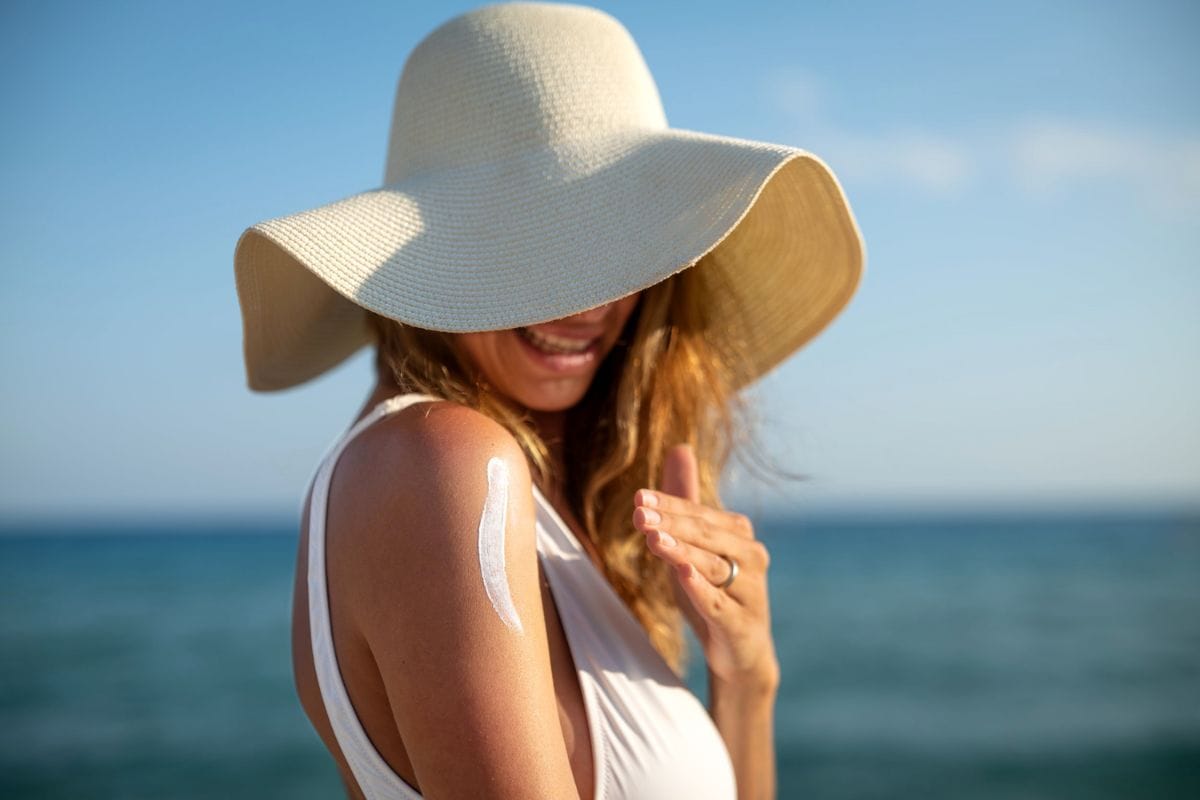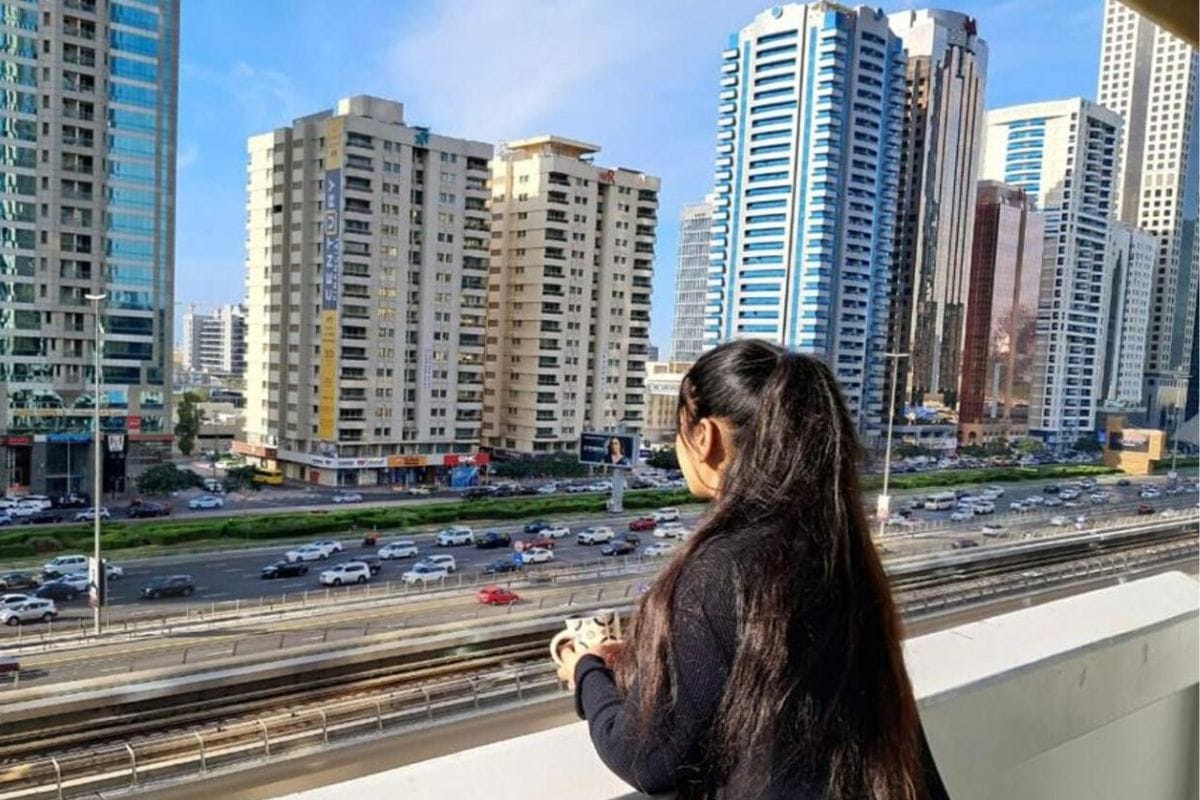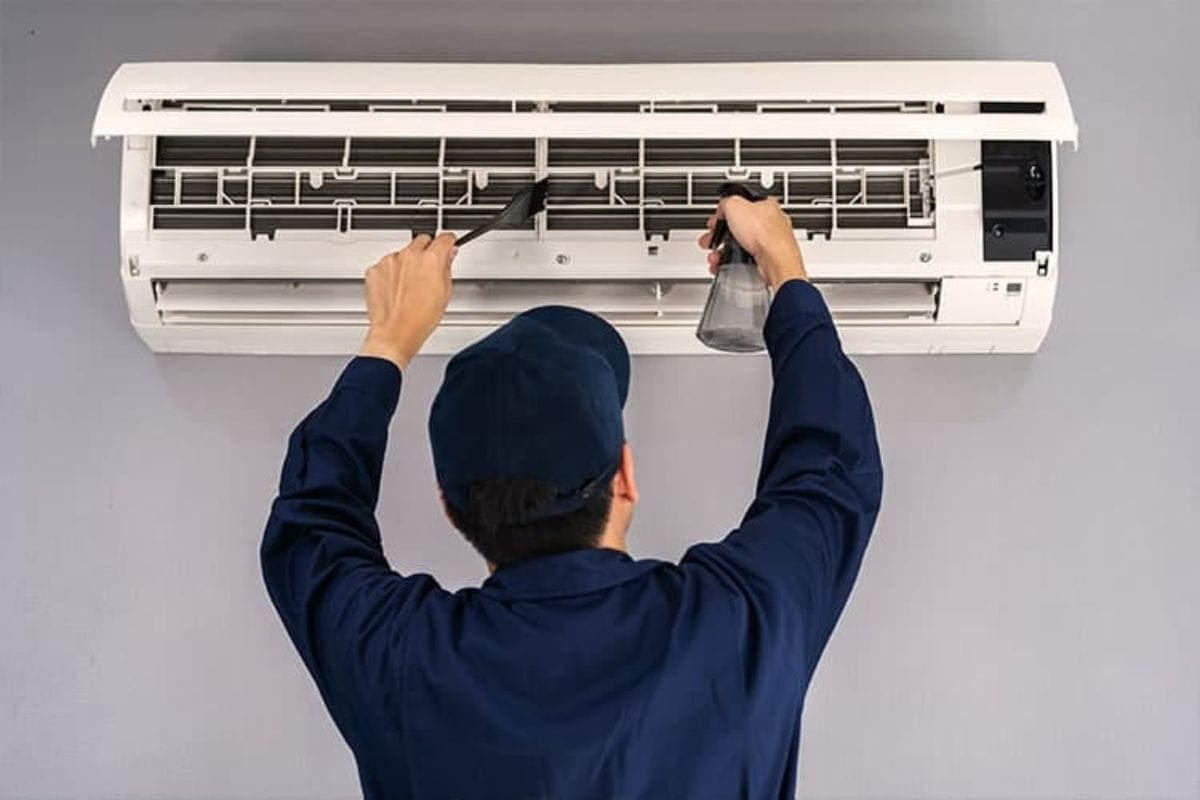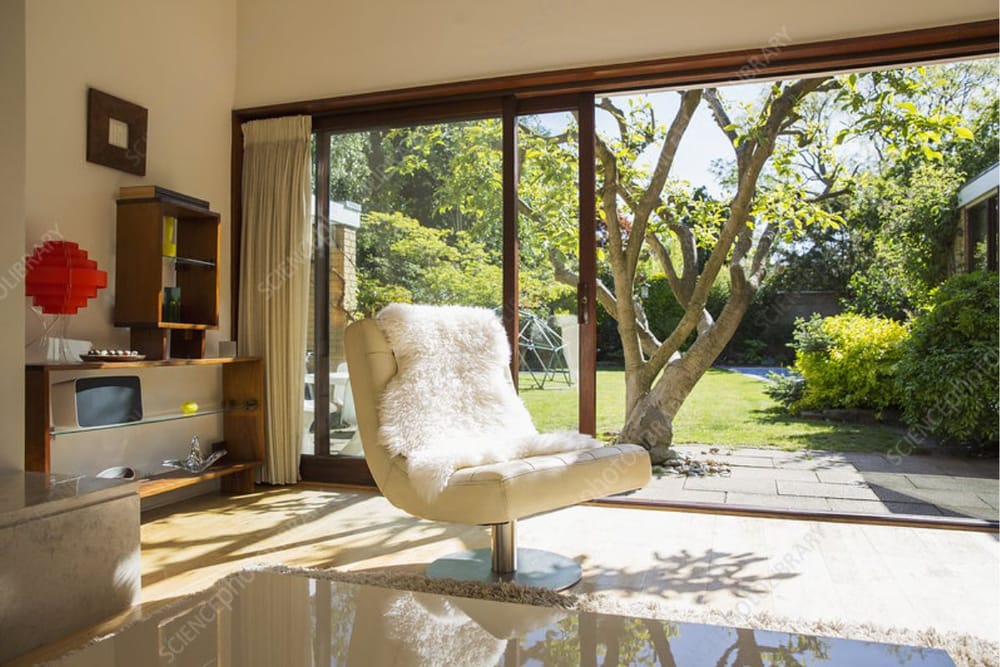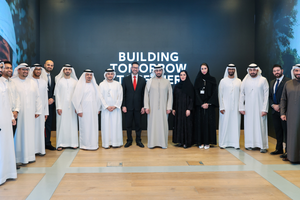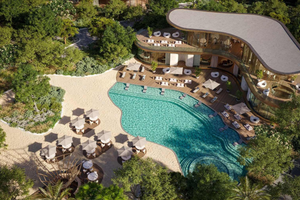With the summer sun hitting the shores of Dubai, residents brace themselves for the hot afternoons and humid nights. The blazing sun brings a few challenges to maintaining a comfortable and functional home. From battling the scorching rays outside to ensuring a cool refuge indoors, living through Dubai summer requires strategic planning and diligent home maintenance.
Here are the essential tips to optimally maintain your home during summers in Dubai.
Service Your Air Conditioning System
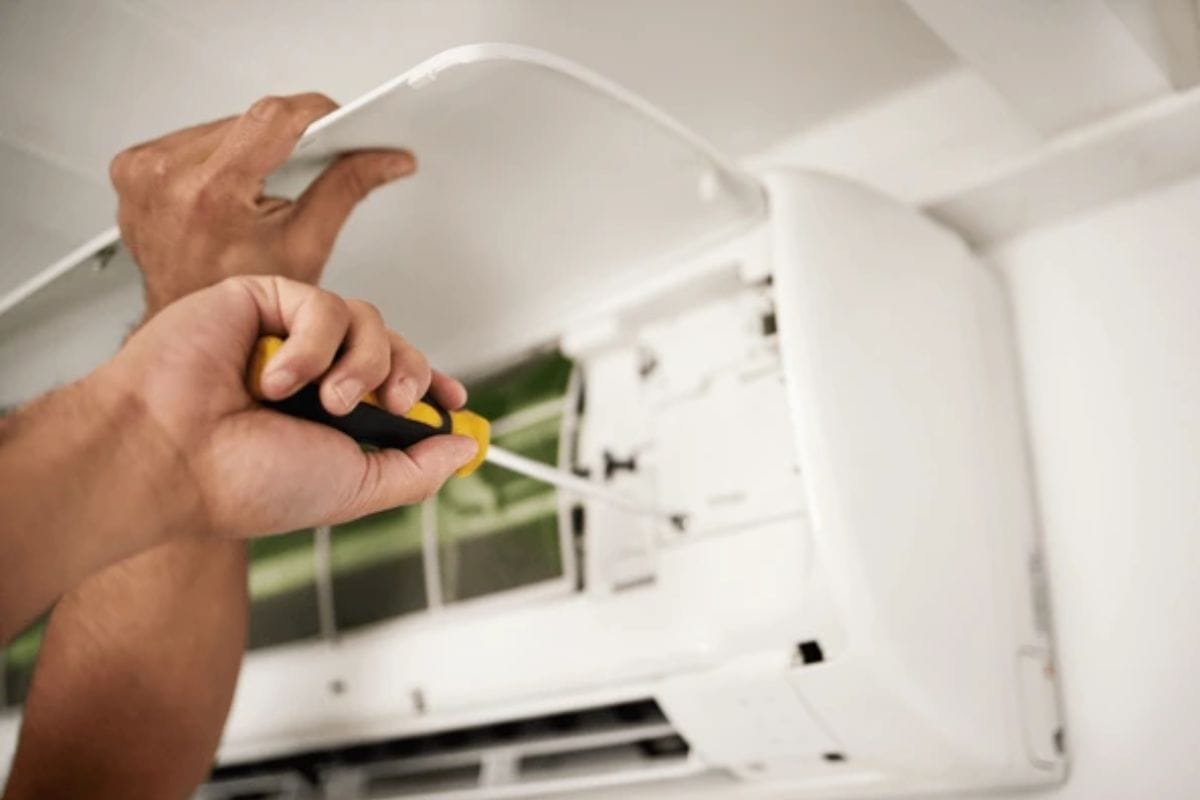
In Dubai, an air conditioning system is not a luxury but a necessity. It is your primary defense against the intense heat of Dubai’s summer months. Before the temperature soars too high, you need to schedule a professional maintenance service for your AC units.
Additionally, a well-maintained AC system helps maintain the air quality of your home. Over time, dust, dirt, and debris can accumulate within your AC system, particularly in the air filters and condenser coils. This buildup restricts airflow and reduces the system's efficiency, making it harder to cool your home. Regular maintenance allows technicians to identify and address any potential issues before they escalate into major problems. This includes cleaning or replacing your air filters and checking for refrigerant leaks.
It is advisable to schedule AC maintenance at least once a year, ideally before the start of the summer season when your system will be working its hardest.
Seal Cracks and Leaks

The last thing you want during a Dubai summer is for cool air to escape your home or hot air to seep in. Begin by inspecting your home for potential areas where air leaks may occur. Common trouble spots include around doors and windows, along baseboards, around electrical outlets, and where pipes or cables enter the home.
Weatherstripping can seal the gaps around doors and windows to prevent air leaks. Applying caulk is another way to seal leaks and cracks. Caulk is a waterproof filler and sealant that is used to fill cracks and gaps in various surfaces, such as walls, ceilings, and window frames. Do not forget to inspect the exteriors, attic, and basement of your home. Insulate any exposed pipes or ductwork and seal any gaps or cracks in the walls or foundation to prevent hot air from infiltrating your home from these areas.
Consider hiring a professional to do it for you. They can conduct a thorough assessment of your home's insulation and air sealing needs and recommend the best course of action to improve energy efficiency and indoor comfort.
Protect the Outdoor Spaces

The temperature in July and August is no joke. The average high temperature during these months is above 41 degrees Celsius. The heat waves could cause damage to outdoor furniture such as patio sets, loungers, and garden chairs.
You need to cover your outdoor furniture during summer. Investing in durable, weather-resistant covers can help shield your outdoor furniture from the sun's intense UV rays, dust, sand, and occasional sandstorms. Regular maintenance of outdoor decks, patios, and pool areas is crucial to prevent deterioration due to exposure to sunlight and heat. You can create shaded areas in your outdoor spaces if you wish to spend time outdoors occasionally.
Consider installing shade sails, awnings, pergolas, or umbrellas to provide relief from the direct sunlight. If your budget approves, incorporate cooling solutions like misting systems, portable fans, or evaporative coolers to reduce the ambient temperatures.
Maintain the Irrigation Systems

The hot and arid climate in the region calls for careful attention to irrigation systems to ensure that outdoor plants and landscaping receive adequate water without wastage. Inspect all sprinkler heads to ensure they are clean, intact, and functioning properly. You must replace any broken or damaged sprinkler heads to maintain efficient water distribution.
Additionally, you need to make changes to the watering schedules. This is to increase watering frequency and duration to compensate for higher evaporation rates during the summer. You can use moisture sensors or smart irrigation controllers to automatically adjust watering schedules based on weather conditions and soil moisture levels. Incorporate water-saving measures such as drip irrigation or soaker hoses for flower beds, vegetable gardens, and shrubbery. Mulch around plants to reduce evaporation, retain soil moisture, and suppress weed growth.
For full efficiency of the irrigation system, schedule regular maintenance checks for your irrigation system to identify and address any issues promptly.
Maintain the Pool Equipment

As the scorching summer months call for pool parties and swimming sessions, it is essential to keep your pool equipment in top condition. Start by scheduling a professional inspection to assess the condition of your pool pump, filter, and other components. Ensure that the pump is functioning properly by checking for leaks and unusual noises, and clean or replace the pump strainer basket to remove any debris. Consider installing a pool cover to reduce evaporation and keep the water cooler when the pool is not in use.
Use Light-Colored Decors

Using white lights and light-colored décor can be advantageous for homes in Dubai during the summer months. White surfaces have higher reflective power, meaning they reflect more sunlight and heat. This helps maintain a cooler temperature indoors. Additionally, light-colored interiors enhance natural light reflection, making indoor spaces appear brighter and reducing the need for artificial lighting during the day. Visually, light colors create a sense of spaciousness and airiness.
Go Green

Incorporating green plants indoors and outdoors is a simple yet effective way to cope with the summer heat. Green plants release moisture through a process called transpiration, which can help to cool the surrounding air through evaporation. Plants are natural air purifiers, capable of removing pollutants and toxins from the air through the process of photosynthesis. By introducing green plants indoors, you can improve indoor air quality and create a healthier living environment, especially important when windows and doors are kept closed to conserve energy and block out heat.
When considering plants for the outdoor spaces, include plants that are summer-friendly. These outdoor trees when strategically placed can provide natural shade and reduce the amount of direct sunlight that enters your home or outdoor living spaces.
Also Read: Enhance Your Indoor Spaces with Nature Using Houseplants
Also Read:


